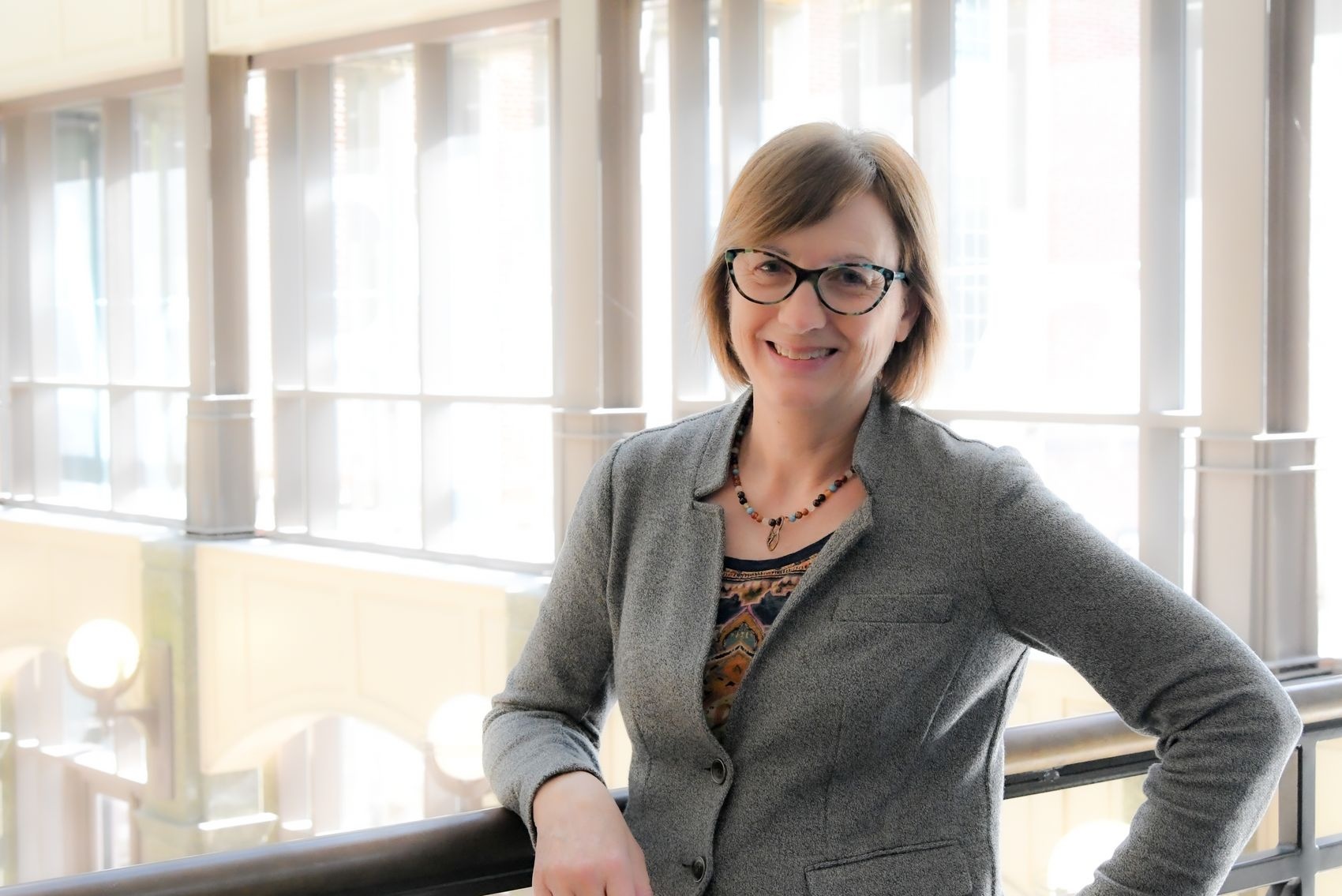
${photoCredType}: Krysti Adams/UNCW
Tamara Walser and her long-time collaborator, Mike Trevisan, have developed a micro-credential course on evaluability assessment for the United Nations World Food Programme. The team, contracted by the United Nations System Staff College to develop the program in fall 2023, subsequently taught the course and served as mentors to the participating learners through July 2024.
The course is part of a pilot micro-credential program in evaluation to provide professional development to WFP evaluation managers.
The World Food Programme is the world's largest humanitarian organization. WFP has been on the frontlines of the world’s worst hunger crises, fighting hunger and famine since 1962. This year, the organization aims to provide lifesaving meals to 140 million of the world’s most vulnerable people in more than 120 countries and territories.
Dr. Walser is a professor in the Department of Educational Leadership at the Watson College, coordinator of WCE’s graduate certificate program in evaluation, and an expert on evaluability assessment, an approach for program evaluation. Mike Trevisan is a professor at Washington State University. In 2015, they co-authored the book Evaluability Assessment: Improving Evaluation Quality and Use. The authors have published widely on the topic and presented at conferences globally.
This course they developed for the World Food Programme was designed for evaluation managers interested in utilizing evaluability assessment to recognize potential evaluation opportunities and challenges, as well as assessing the use of EA for informing evaluation design. The training was in line with the norms and standards of the United Nations Evaluation Group (UNEG), and fully tailored to the evaluation specifics of WFP.
“Most rewarding about our work with the UN World Food Programme were the one-on-one mentoring sessions with learners in the micro-credential course,” Walser said. “Building relationships and problem solving with folks doing important evaluation work in challenging contexts around the world.”
In September, Walser participated in a panel presentation at the biennial European Evaluation Society conference in Rimini, Italy. She was joined by Itziar Arispe from the United Nations System Staff College and Mona Selim of the World Food Programme. Marzia Perelli, a learner in the course and Stewart Donaldson, an assessor who works at Claremont Graduate University also participated in the presentation and Mike Trevisan served as panel chair. The focus of the presentation titled, “Micro-Credentials for the Professional Development of Evaluators,” was the collaboration to develop and implement the pilot scheme.
“Evaluation is multidisciplinary,” Walser said. “The diverse range of opportunities in the evaluation field to support organizational learning and effectiveness is exciting. We invite anyone who is interested in learning more to explore opportunities offered through our Evaluation Certificate program.”
About WCE’s Evaluation Certificate Program
UNCW’s Watson College of Education offers a post-baccalaureate certificate program for professionals looking to enhance their knowledge and skills in the field of evaluation. Designed for creative, critical thinkers from any disciplinary background, the 18 credit hour program will prepare participants to build capacity to do and use evaluation for program, organization, and systems learning and change. Faculty are evaluation scholars and practitioners and applied learning experiences are offered throughout the program using a theory-to-practice and practice-to-theory instructional model.
For more information visit the Evaluation website.
This article has the following tags: Watson College of Education Research & Innovation Engagement


